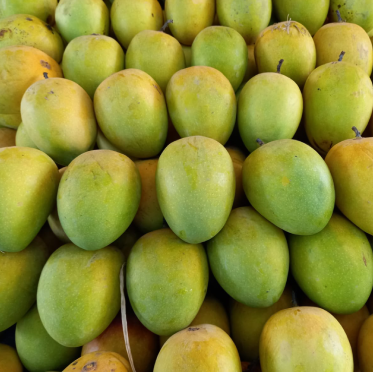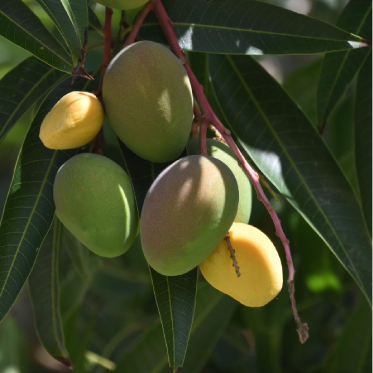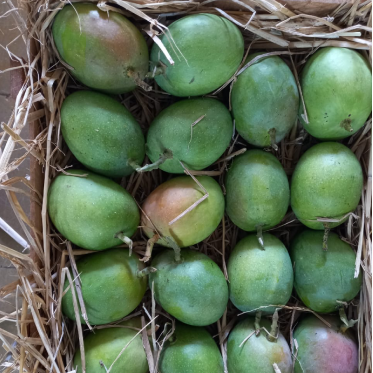Canning of mangoes refers to the process of preserving mangoes in sealed cans or jars by processing them to eliminate microbial activity and prevent spoilage. This method ensures that mangoes can be stored for extended periods without refrigeration, making them available year-round. The canned mango products can include mango slices, pulp, nectar, or even chutneys and pickles.
Process of Canning Mangoes
Selection of Mangoes: Fully ripe and high-quality mangoes, often varieties like Alphonso, Totapuri, or Kesar, are chosen.
Preparation: Mangoes are washed, peeled, and sliced or pulped.
Blanching: The fruit is treated briefly with steam or hot water to preserve color and flavor.
Filling: The mangoes or their pulp are filled into sterilized cans or jars.
Syrup/Brine Addition: Sometimes a syrup (sugar solution) or brine (salt solution) is added for taste and preservation.
Sealing and Sterilization: The containers are sealed and heat-processed to kill microorganisms.
Cooling and Storage: The canned products are cooled and stored under hygienic conditions.
How Farmers Benefit from Mango Canning
Minimizing Post-Harvest Losses: Mangoes are highly perishable. Canning provides a way to process surplus produce, reducing waste during peak harvest seasons.
Higher Earnings: Instead of selling raw mangoes at fluctuating market rates, farmers can earn more by supplying to canning units or even setting up small-scale processing operations.
Market Expansion: Canned mango products have a higher shelf life and can be exported, giving farmers access to international markets.
Value Addition: Processing mangoes into canned products significantly increases their market value, benefitting both farmers and processors.
Employment Opportunities: Mango canning creates jobs in rural areas for sorting, peeling, processing, and packaging, indirectly supporting farmer communities.
Contract Farming: Some canning industries enter into agreements with farmers, providing them with a stable income and technical support.
Challenges
While canning offers many benefits, challenges include:
High initial investment for setting up processing units.
Need for technical knowledge and quality control.
Dependence on good harvests and consistent mango supply.
Government and NGO Support
In India, various initiatives by government agencies like the Ministry of Food Processing Industries (MoFPI) and organizations such as NABARD provide financial and technical assistance to farmers and entrepreneurs for setting up mango processing units. Schemes like the PM Formalization of Micro Food Processing Enterprises (PMFME) aim to boost such ventures.
Canning, thus, is a significant step in strengthening India’s mango supply chain and enhancing farmer livelihoods.










